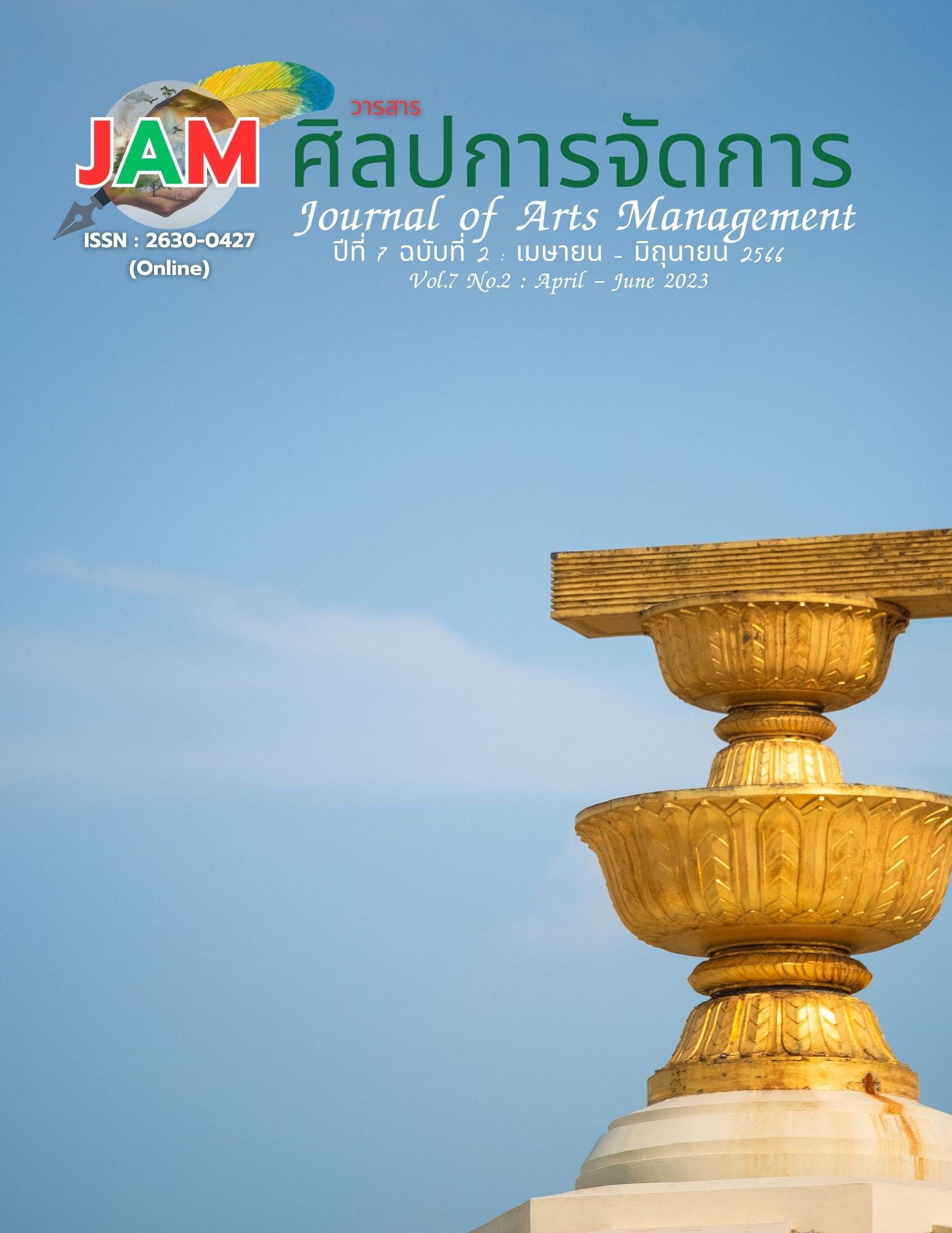An Analysis of a Copyright Infringement Problem in light of Criminology Theories
Main Article Content
Abstract
The study aims to perceive: 1) relevant theories of copyright, criminology relating to copyright infringement, 2) copyright infringement in accordance with criminology theories to seek the cause of the infringement, and 3) to analyze criminology theories to find the means and protections preventing copyright infringement. This was qualitative research conducted by collecting and analyzing data relating to criminology theories and problems of copyright infringement in Thailand.
The result showed that 1) copyright is intellectual property that has its economic value; therefore, its protection is necessary for creators and society in accordance with Copyright Law Theory on the topic of balancing between creators and society benefits. 2) Theories analyzing the cause of copyright infringement are Rational Choice Theory, Social Disorganization Theory, Social Learning Theory, and Containment Theory. 3) Theories analyzing resolving copyright infringement and reaching the means or protection preventing the infringement are Social Bonding Theory, Social Defense Theory, Labeling Theory, and Law Enforcement Theory. Problems of copyright infringement should be solved by means focusing on each of primary causes. The means include encouraging community and family participation, preventing to associating with other copyright infringers, increasing social value on occupations that are legal, not labeling copyright infringers as criminals, and prosecuting an appropriate legal measure to copyright infringers. These will be more appropriate and sustainable for solving the problems.
Article Details

This work is licensed under a Creative Commons Attribution-NonCommercial-NoDerivatives 4.0 International License.
Views and opinions appearing in articles in the Journal of Arts of Management It is the responsibility of the author of the article. and does not constitute the view and responsibility of the editorial team I agree that the article is copyright of the Arts and Management Journal.
References
Arthivech, U. (2015). Criminology Theory and Criminal Justice System. V.J. Printing.
Bursik, R. J. (1988). Social disorganization and theories of crime and delinquency: Problem and prospects. Criminology, 26(4), 519-716.
Central Intellectual Property and International Trade Court. (1997). Annual Statistical Report. Central Intellectual Property and International Trade Court.
Court of Justice Thailand. (1882). Annual Statistical Report. Court of Justice Thailand.
Hirschi, T. (1969). Cause of Delinquency. University of California Press.
Kuntee, P. (2000). Criminology: Theories and research. Booknet.
Panuspatthna, O. (2010). Copyright Law. Samnakphim Nititham.
Reckless, W. (1961). A new theory of delinquency and crime. Federal Probation Journal, 25, 42-46.
Rodjan, J. (2012). Principles and implementations on copyright protection. Winyuchon.
Roitheang, C. (2006). Legal measures in the proceedings of copyright cases[Master’s Thesis, Dhurakij Pundit University].
Royal Thai Police Headquarters. (2021). A strategy of a protection and suppression on piracy of intellectual property. Royal Thai Police Headquarters.
Smudthrakun, S. (1996). The offences of copyright infringement: A study on the nature of offence and its punishment[Master’s Thesis, Chulalongkorn University].
Sullivan, R. F. (1973). The economics of crime: An introduction to the literature. Crime and Delinquency, 19(2), 138-149.
Suparp, U. (2002). Application of the philosophy of criminology in sentencing of Thai courts: Case study of International Criminals, Negligent Criminals and Provokes Criminals[Doctoral dissertation, Mahidol University].
Sutherland, E. H. (1947). White-Collar Crimes. Holt, Rinehart and Winston.
Virayasiri, T. (2006). Criminological theory as a criterion for suspension of punishment[Doctoral dissertation, Suan Dusit University].
World Trade Organization. (1994). Final Act Embodying the Results of the Uruguay Round of Multilateral Trade Negotiations. World Trade Organization.
Xuto, G. (2003). The successful of criminal sanctions in Copyright Act[Master’s Thesis, Chulalongkorn University].


